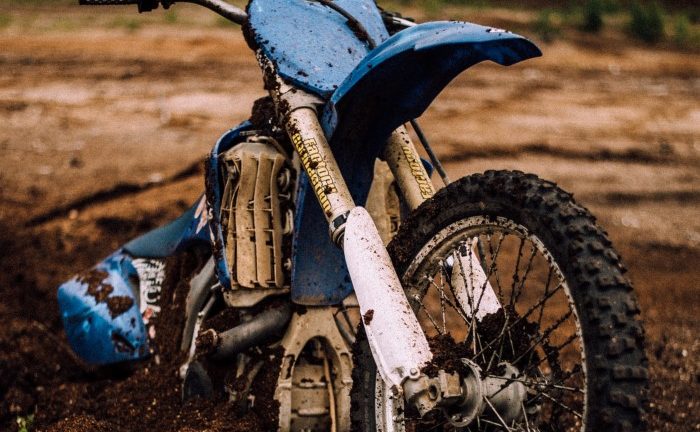Many road hazards can lead to motorcycle accidents. Inexperienced riders may not be aware of these dangers, leading to collisions and serious injuries. By understanding the most common hazards, you can take steps to avoid them and stay safe while riding. If it is inevitable, you can always ask for motorcycle accident claims to compensate for your loss. The six most frequent causes of motorcycle accidents are listed below.
Gravel
Gravel can cause motorcycle accidents by creating a loss of traction on the surface. It can cause the motorcycle to slide out from beneath the rider, leading to severe injuries. Additionally, gravel can become unexpectedly deep or cover the entire roadway, leading to accidents. It’s better to avoid gravel roads entirely or go slowly and be cautious of the gravel’s depth. Additionally, riders should maintain some speed to keep the bike more stable.
Debris
Whether it is a small rock or a large piece of trash, road debris can cause motorcycle accidents in several ways. First, the residue can cause the rider to lose control of the motorcycle. Second, the garbage can become airborne and hit the rider. And third, other vehicles on the road may not see the debris and may unexpectedly run into it, causing the rider to be thrown from the motorcycle.
Riders should be cautious of their surroundings and avoid riding over debris. If you cannot prevent it, ride with caution and keep the motorcycle straight. Always be on the lookout for other cars since they may not notice the debris, which could lead to a collision.
Expansion Joints
Motorcycle accidents can occur when the surface around an expansion joint is in disrepair or becomes slick in wet weather. The gaps in the road created by the expansion joint can easily trap the motorcycle wheels, causing the rider to lose control of the bike. When passing over an expansion joint, motorcyclists should avoid changes in speed and keep the wheels in a straight line.
Slick Surface
Motorcycles are particularly susceptible to skidding and sliding on wet surfaces since they have only two wheels than four for cars. When it rains, fallen leaves, oils from cars, and other contaminants can combine with the water on the road to create a very slick surface. To avoid this, motorcyclists need to slow down and be extra cautious when riding on wet roads.
Railroad Crossing
Motorcyclists must be conscious of the risks that railroad crossings may present. When a motorcycle’s tires get stuck on the tracks, it can cause the rider to be easily thrown off the bike. Additionally, if the wood between the tracks is wet or slippery, it can be difficult for the rider to maintain control over the motorcycle. To lower the risk of a crash, motorcyclists should travel over railroad crossings in a perpendicular line at a moderate speed. Additionally, they should avoid moving diagonally or at an angle over the tracks.
Animal
There are a few different reasons why animals can cause motorcycle accidents. One is that the motorcyclist may swerve to avoid an animal and hit something else on the road. Another reason is that the animal may run into the street and cause a collision. And finally, the motorcyclist may be distracted by trying to avoid the animal and not see something else on the road.
Motorcycle accidents are frequently due to factors on the road that are not always apparent to automobile drivers. These hazards can include debris in the street, potholes, and uneven pavement. Motorcyclists should use extra caution when riding, especially during inclement weather conditions. Motorists need to be aware of these potential hazards and take steps to avoid causing a motorcycle accident.



